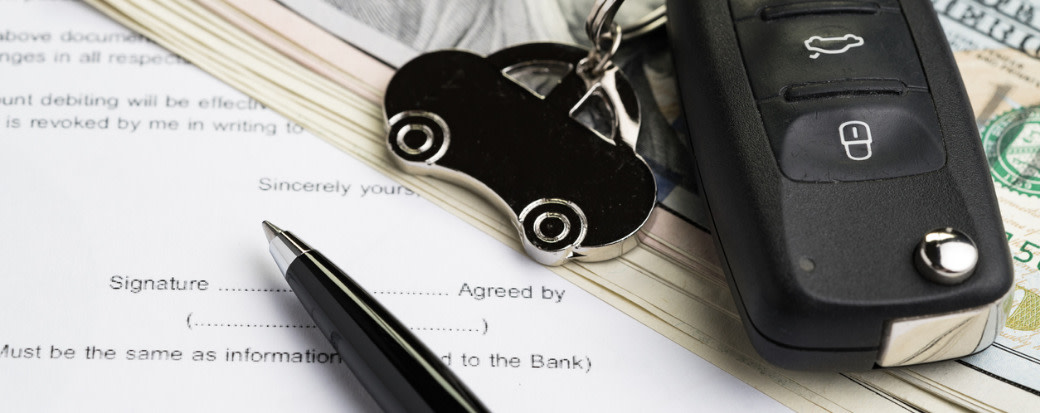Guide to Selling a Car With a Lien

Share this article:
Editor’s note: Lantern by SoFi seeks to provide content that is objective, independent and accurate. Writers are separate from our business operation and do not receive direct compensation from advertisers or partners. Read more about our Editorial Guidelines and How We Make Money.
Can I Sell My Car if It Has a Lien?
What Is a Car Lien?
Can You Sell a Car With a Lien on It?
5 Ways to Sell a Car With a Lien
1. Sell to a Dealership
2. Pay Off the Loan Before Selling
3. The Buyer Pays Your Loan Off
4. Sell Through an Escrow
5. Sell at the Lender’s Office
How To Avoid Selling a Car With a Lien
Communicate With the Lienholder
Clean title: A clean title on a vehicle suggests that the vehicle doesn’t have a history of sustaining major damage. A rebuilt car may not have a clean title if the vehicle previously sustained major damage from a crash, fire, or flood. Clear title: This is a title that has no lienholder on it. Having a clear title on your car means you are the sole owner of the vehicle with 100% equity in the car. It also means no other party has a security interest in your vehicle. Lien title: As the name implies, a lien title has the lienholder’s name on it. Your lienholder may have possession of the title until you pay off your car loan.
Refinance the Car
The Takeaway
Frequently Asked Questions
Photo credit: iStock/Nuthawut Somsuk
LCAU0923003
About the Author
Jamie Cattanach is a full-time freelance writer whose work has been featured at CNBC, Yahoo Finance, The Motley Fool, the Huffington Post and other outlets. At SoFi, she writes about investing, retirement, student loans and how to get your money right -- no matter what that means for you.
Share this article: